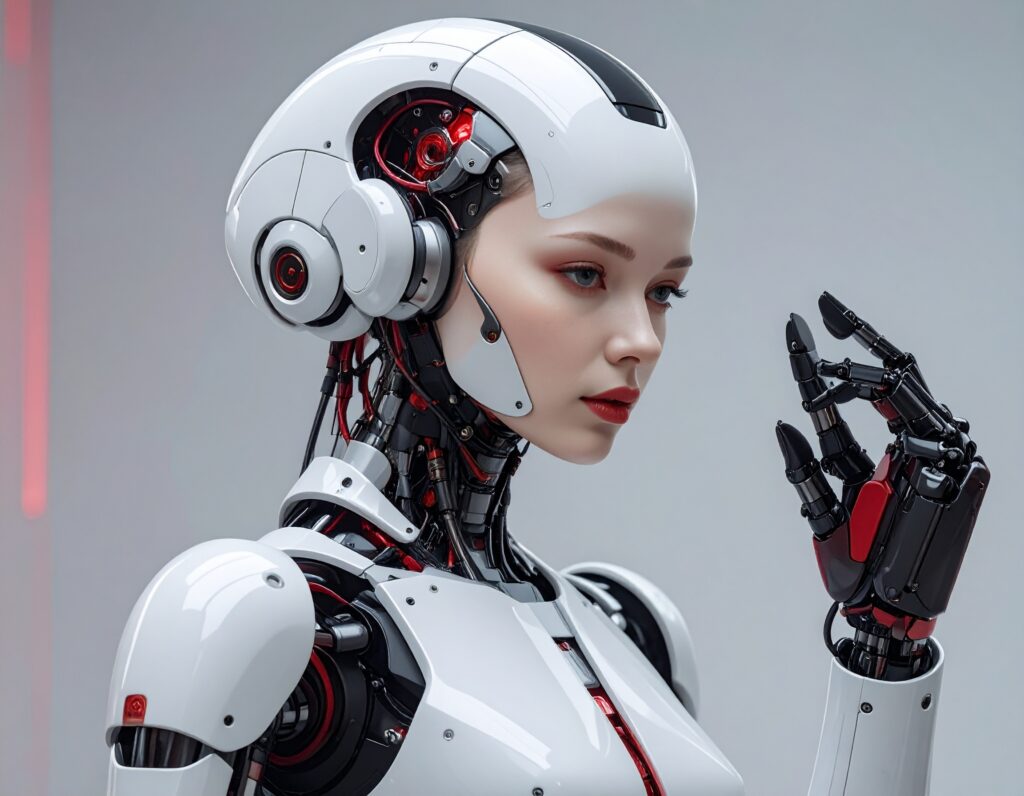Big Tech Bet: How Internet Giants Are Backing “Non-Human Workers” in 2025

Major Investments Accelerate (2025)
In 2025, major Chinese internet companies dramatically increased their investments in embodied intelligent robots—effectively deploying “AI Employees” and “Non-Human Workers” capable of performing physical tasks. JD.com’s investment arm made six robot-related investments between May and July, while Meituan poured more than 500 million yuan into robotics over the last year. Alibaba, Tencent, and ByteDance are also investing heavily in robotics and upstream hardware as they race to shape the next generation of service automation.
Why Big Tech Is Betting on Robots
Several forces explain this investment surge. Financial incentives are strong: robotics companies like Unitree Technology have already reached profitability and are preparing for IPOs, with Meituan holding an estimated 8 % stake. Additionally, robots integrate naturally with core business lines such as retail, warehousing, logistics, and cloud-AI ecosystems. JD.com, for example, backed a robotics firm specifically to strengthen its logistics and retail robot infrastructure. Lastly, internet giants want to secure strategic positioning in emerging service-robot ecosystems before competition intensifies.

Robots Enter Real-World Service Scenarios
The article highlights how “Voice AI Agents” and embodied robots are increasingly stepping into unstructured environments. Robots are expanding beyond controlled industrial spaces into retail, hospitality, food service, and even home kitchens. A recent example from an Alibaba-affiliated team showcased a multi-modal cooking robot capable of ingredient recognition, weighing, cooking, and even managing procurement loops. The broader industry approach is to first dominate structured tasks, then gradually tackle complex everyday environments—though challenges such as cost, adaptability, and intelligence generalization remain.
What This Means for the Future
Altogether, these investments mark a turning point: robots are transitioning from niche tools to mainstream service workers. As companies compete to build the strongest service-robot ecosystems, “AI Employees” may soon become standard in logistics centers, restaurants, retail stores, and homes. The pace of commercial adoption will depend largely on improving affordability and real-world adaptability.
Key Highlights:
- Chinese tech giants (JD.com, Meituan, Alibaba, Tencent, ByteDance) sharply increased robotics investments in 2025.
- Motivations include profit potential (robot firms going public), business synergy, and long-term ecosystem control.
- Robots are moving from structured industrial tasks into retail, food service, and home-service roles.
- Innovations include multi-modal cooking robots and service robots powered by advanced AI and sensors.
- Key challenges: adapting to unstructured environments and reducing commercial deployment costs.
Reference:


